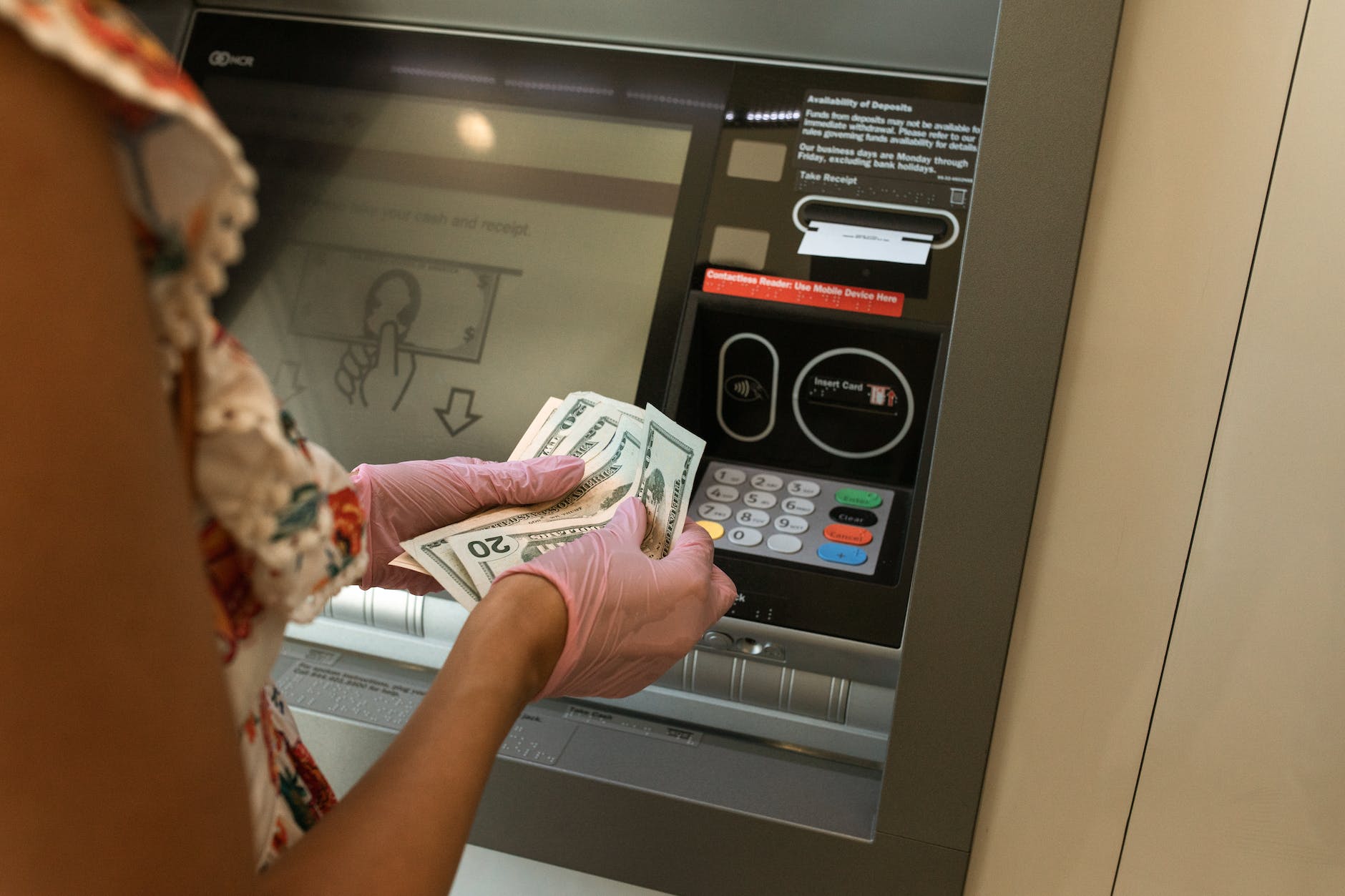Summary: Yes, credit cards afford the convenience of cash withdrawals at ATMs, commonly referred to as cash advances. However, this seemingly straightforward facility encompasses a complex interplay of fees; notably cash advance transaction fees, and elevated APRs. An informed approach is essential to navigate the intricacies of this financial tool.
Understanding Credit Card Cash Advances
The utilization of credit cards for cash withdrawals at ATMs entails a financial mechanism distinct from conventional debit card transactions. Termed as a cash advance, this maneuver assumes the characteristics of a short-term loan, accompanied by associated fees and immediate accrual of interest. A comprehensive understanding of the nuanced elements of credit card cash advances is pivotal for judicious financial management.
Fees Associated with Cash Advances
A pivotal consideration in this context is the imposition of fees. Credit card companies typically levy a predetermined flat fee or a percentage of the cash advance amount. For example, the Chase Sapphire card charges a fee of the greater of $10 or 5%. This fee structure, combined with potential ATM charges, contributes to the overall costliness of utilizing this method. Scrutinizing the specific terms outlined in one’s credit card agreement is imperative for effective cost management.
Interest Rates and Implications

In stark contrast to standard credit card transactions, where a grace period may exist, interest on cash advances commences immediately upon the withdrawal. Moreover, the interest rates associated with cash advances often surpass those applicable to regular transactions. For example, the Chase Sapphire card previously mentioned carries a Cash Advance rate of 29.9%! An examination of these interest rates is paramount to making well-informed financial decisions.
Impact on Credit Scores
The repercussions of resorting to cash advances extend to credit scores. The reduction in available credit, influencing the credit utilization rate; coupled with potential lender apprehension, necessitates a cautious approach. Understanding the potential ramifications on credit scores is indispensable for those contemplating the use of cash advances.
Navigating the Process of Obtaining a Cash Advance
For those finding themselves in circumstances warranting a cash advance, below are the steps to get your cash advance:
- Utilize an ATM and insert the credit card.
- Input the designated credit card PIN (no PIN? Call the number on the back of the card to set one up).
- Opt for “cash withdrawal” or “cash advance” as appropriate.
- When prompted to choose between “credit” or “debit,” select “credit.”
- Specify the desired withdrawal amount.
- Acknowledge and accept any associated fees, including ATM transaction fees and cash advance fees and DONE.
Additionally, there are alternative methods to obtain a credit card cash advance:
- At a bank branch: Present your credit card and a government-issued photo ID to the bank teller.
- With a cash advance check: Issued by your credit card company, these checks can be written to yourself or others.
Cash Advance Fees

Understanding the fees associated with cash advances is crucial:
- Cash advance fees average about 4% of the amount withdrawn.
- Calculation methods include flat-rate fees, percentage-based fees, or a combination of both.
- It’s important to note that if you obtain a cash advance at an ATM, you may incur an additional ATM owner surcharge, ranging from $2 to $5 (higher is certain places).
Cash Advance APR
In addition to costly cash advance fees, high cash advance APRs are a noteworthy consideration. What are APRs? This stands for Annual Percentage Rate charged by credit cards. Credit Cards have high APRs above 20% while a mortgage APR is typically much lower:
- Cash advance APRs can be as high as 36%, with a current average of ~25%.
- Important to note that no-interest specials on certain Credit Cards typically do not apply to Cash Advances
It is imperative to be cognizant of the potential financial implications and high costs associated with credit card cash advances, ensuring that these transactions are approached with a thorough understanding of the fees, interest rates, and impact on credit scores.
Please click here for a post from the Consumer Finance Protection Bureau regarding Credit Card Advances.


